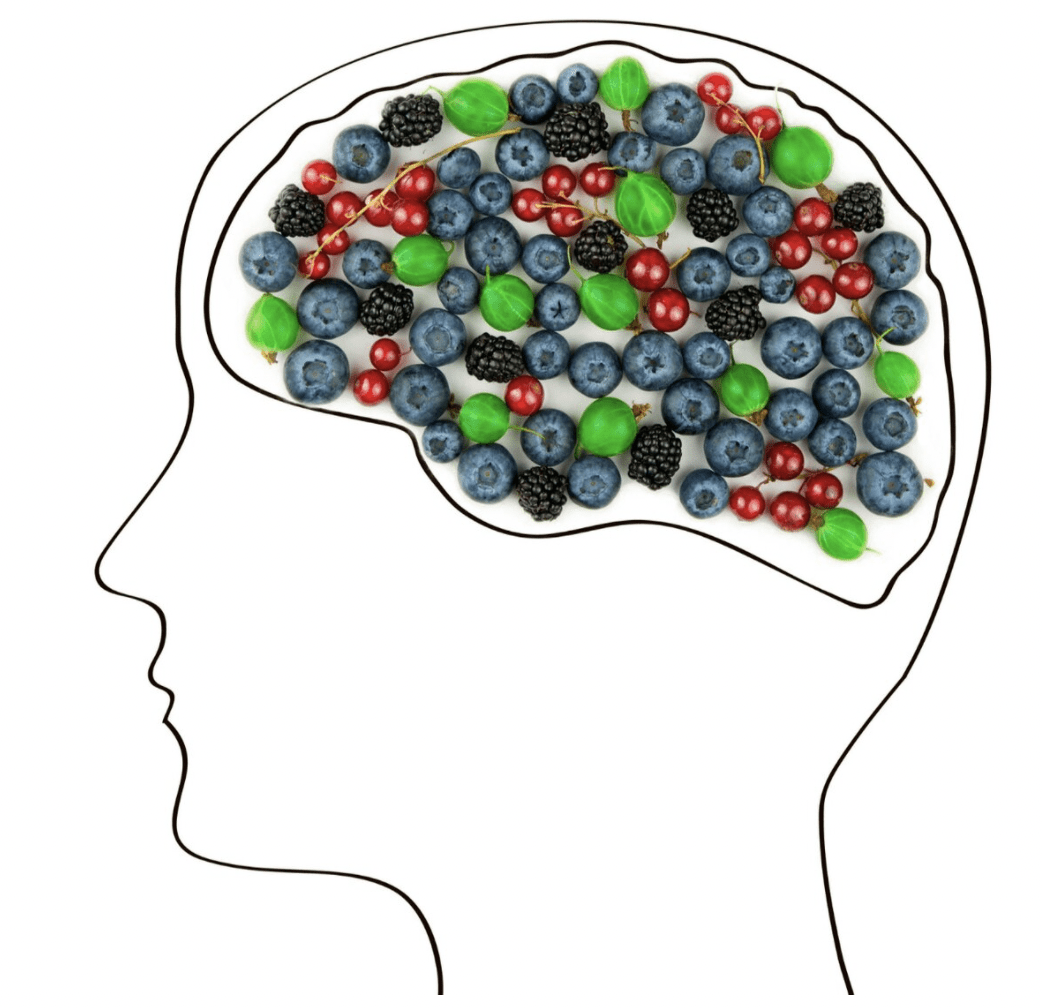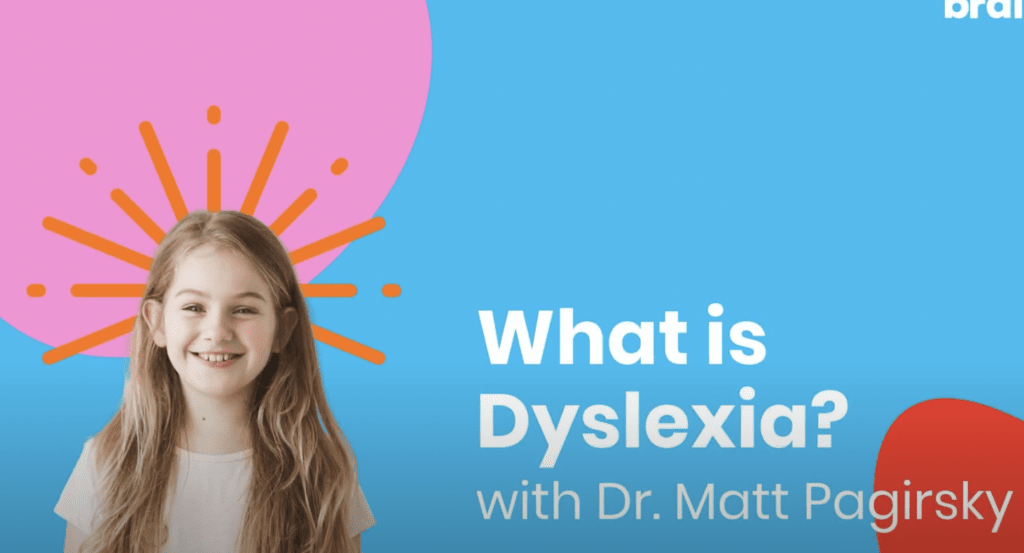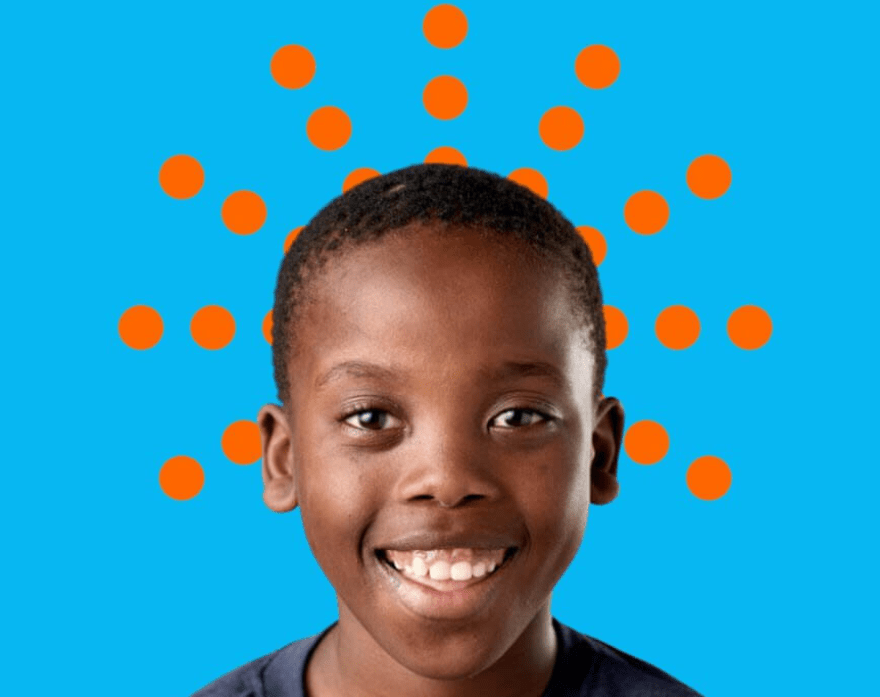
We’ve all been told to eat our vegetables since we were young. And most of us have probably nagged our own kids about it. No one doubts the health benefits of eating a balanced meal with a focus on fresh produce, whole grains, and lean protein. The effect foods have on the health of adults has been studied extensively. However, beyond eating a balanced diet consisting of foods we know are healthy, there has been little research into the effects specific foods have on children’s brains. One such study, conducted in 2019, made some interesting, yet unsurprising, findings. Students who consumed a higher level of sugary, salty snacks (aka, “junk food”) performed worse on standardized tests in ELA and Math. Another study looked into how hydration levels affect student performance. Spoiler alert: students who were better-hydrated (with water only) did better.
Fueling for Test Day
There are a number of foods that are considered “brain fuel.” These foods have been linked to improved concentration, memory, and focus. But regardless of what’s for breakfast on test day, the most important thing is that breakfast happens! When students skip breakfast, claiming they aren’t hungry or their nerves won’t let them keep food down, they are not likely to make it very far into their test without a significant crash in energy, focus, or both. Here are the best foods to eat the night before and/or the morning of:
Anything with omega-3 fatty acids like fish, avocado, and nuts;
Eggs, which contain vitamins and minerals that not only improve memory in the short term, but also slow long-term cognitive decline later in life;
Berries, which contain important antioxidants, crucial for healthy brain function;
Oats, also for their antioxidants in the form of Vitamin E;
and Dark chocolate. In addition to being delicious, it also contains flavanoids (another type of antioxidant). BUT, it does need to be real dark chocolate (not milk), and only a small amount. No, we do not recommend eating a chocolate bar for breakfast.
Caffeine and the Developing Brain
Many adults rely on caffeine for brain functioning, and caffeine in moderate amounts does have some brain benefits. However, caffeine is a stimulant that has no place in a child’s regular diet. The small amounts found in any foods containing cocoa are fine, but children and adolescents who are still growing should wait a few years before making coffee part of their routine. The increase in heart rate, blood pressure, and anxiety can cause some long-term health problems.
The Bottom Line
Make sure your kids are eating a balanced diet. Limit junk food to special occasions (or bond over making your own together!). Never let them skip breakfast, and include eggs and oats on the menu regularly. Don’t worry too much about small amounts of caffeine in their diet, but don’t let them drink cups of coffee quite yet!




